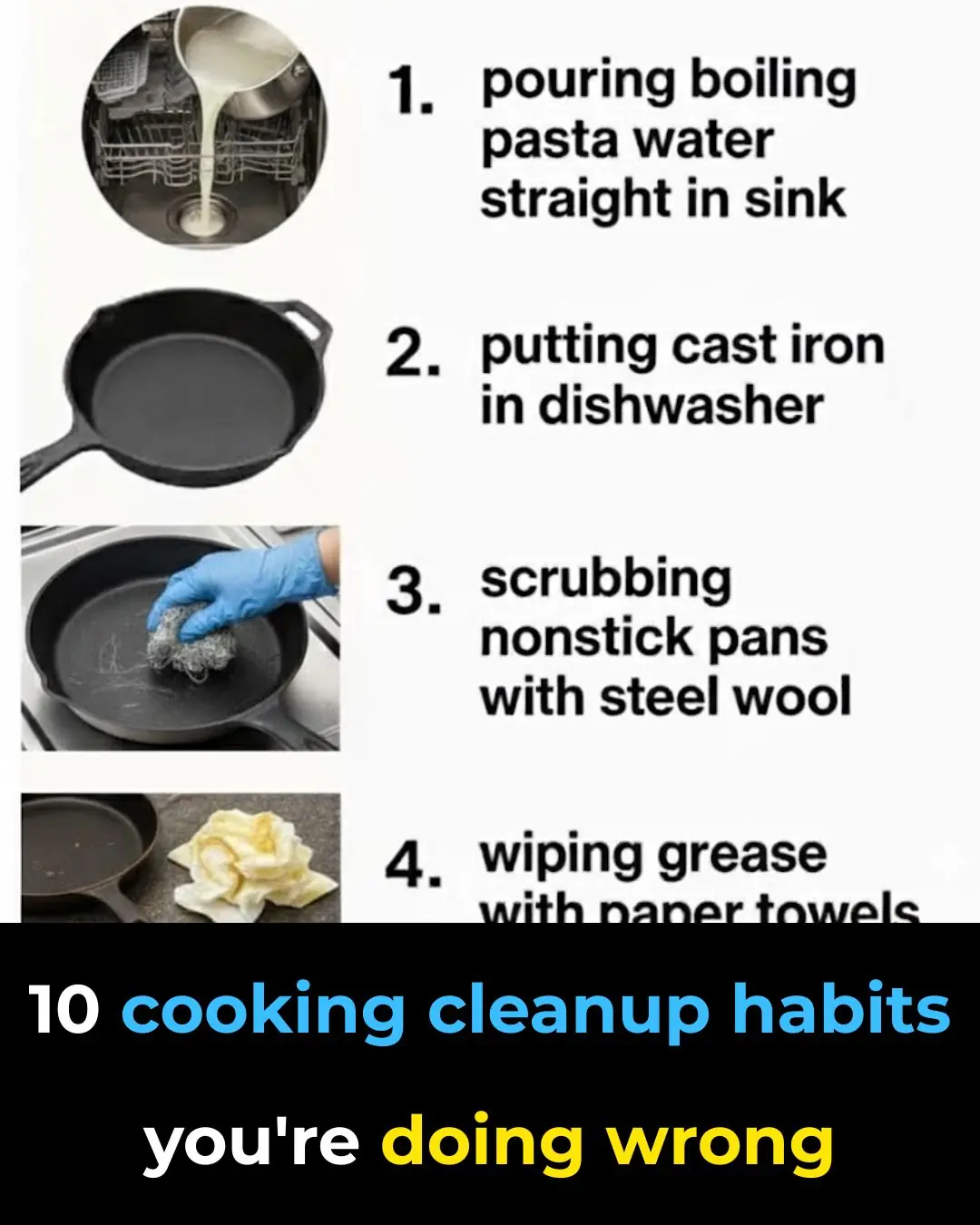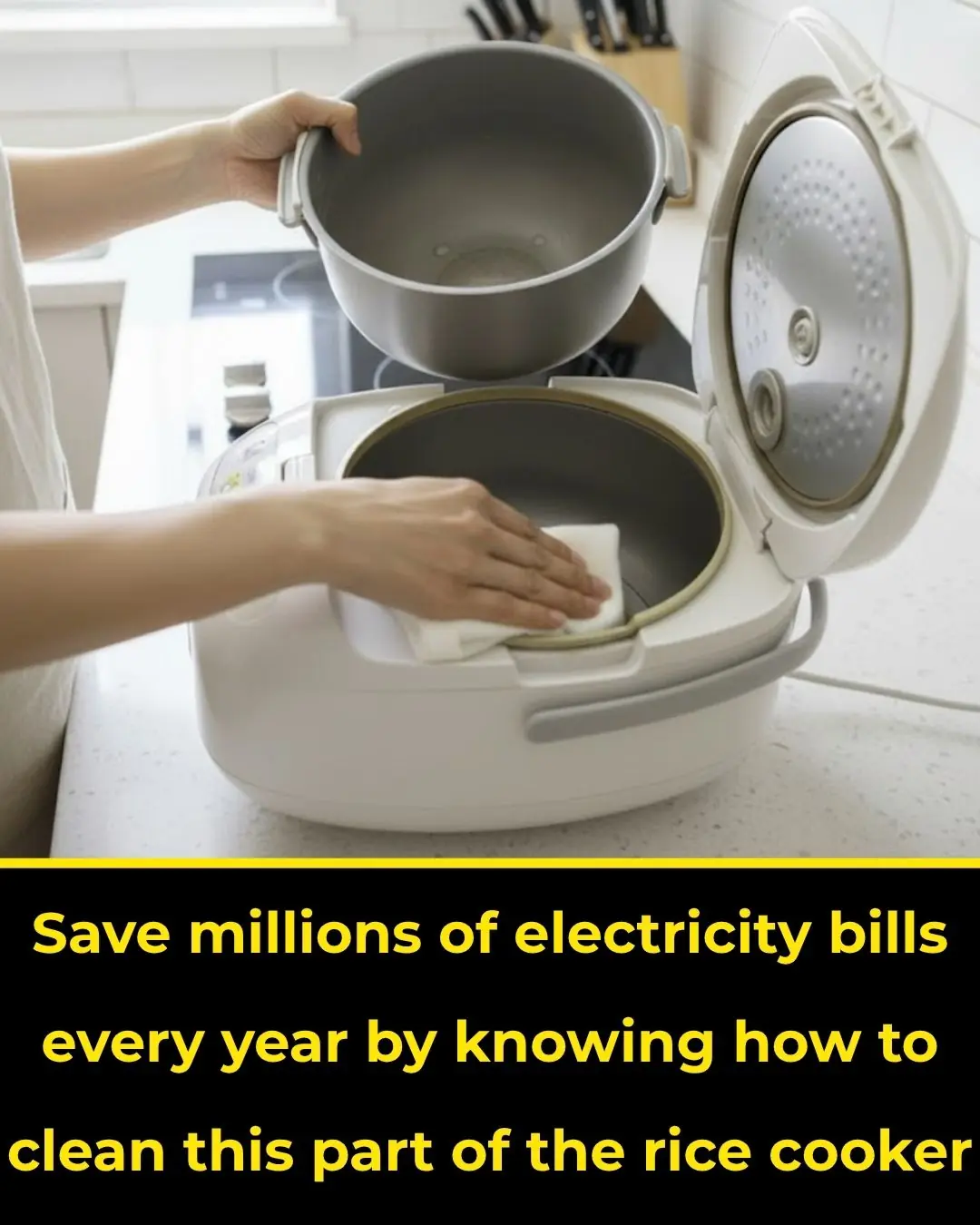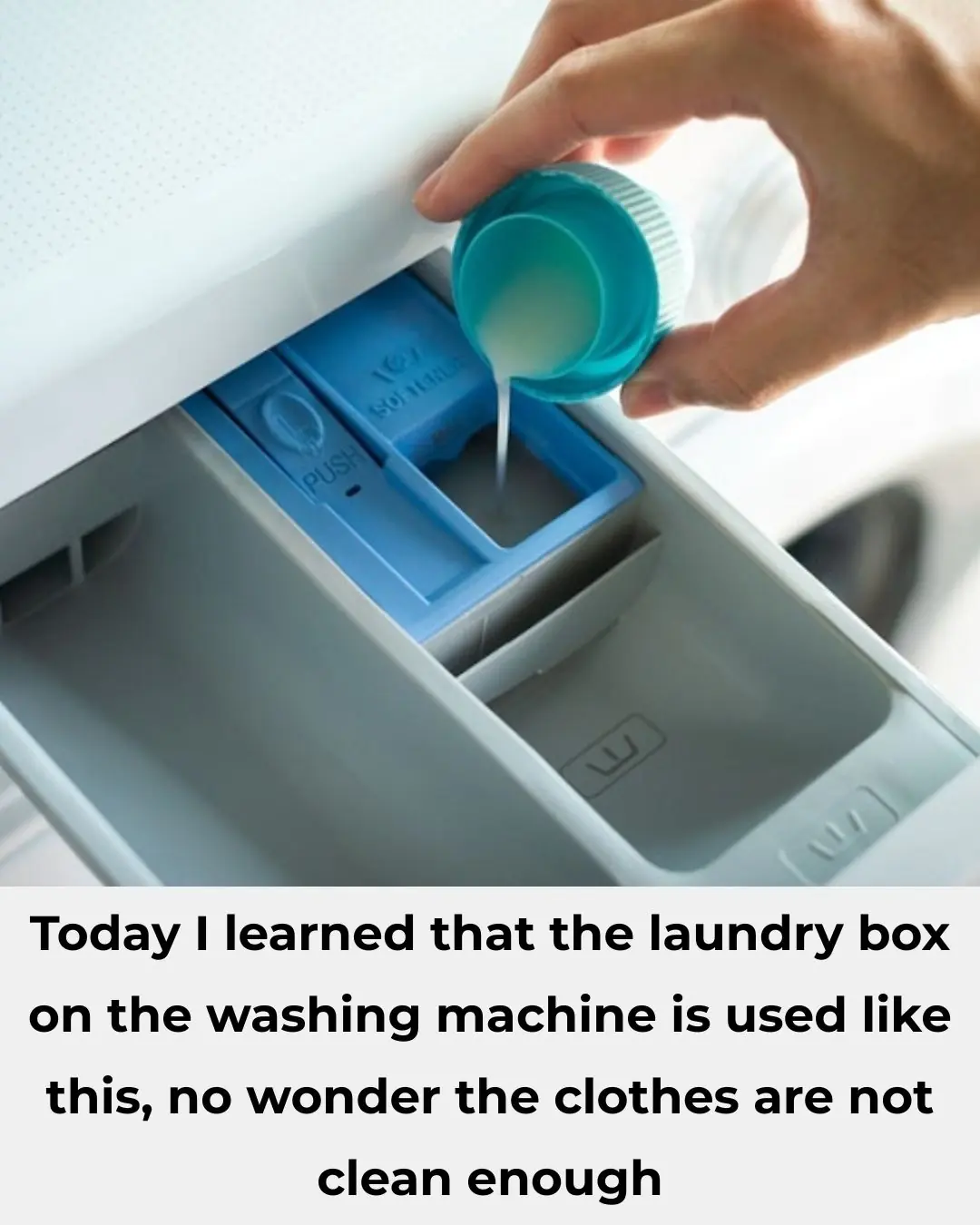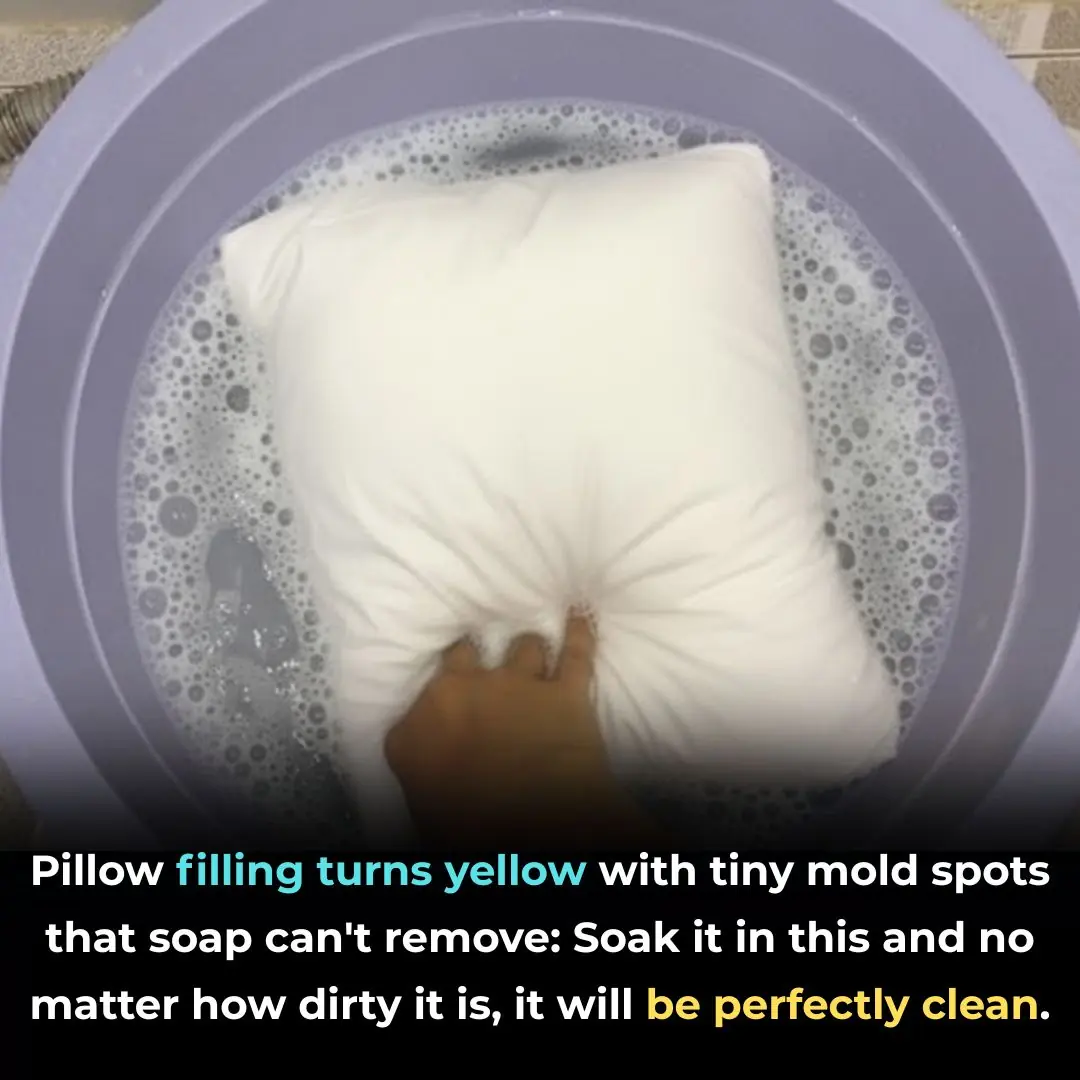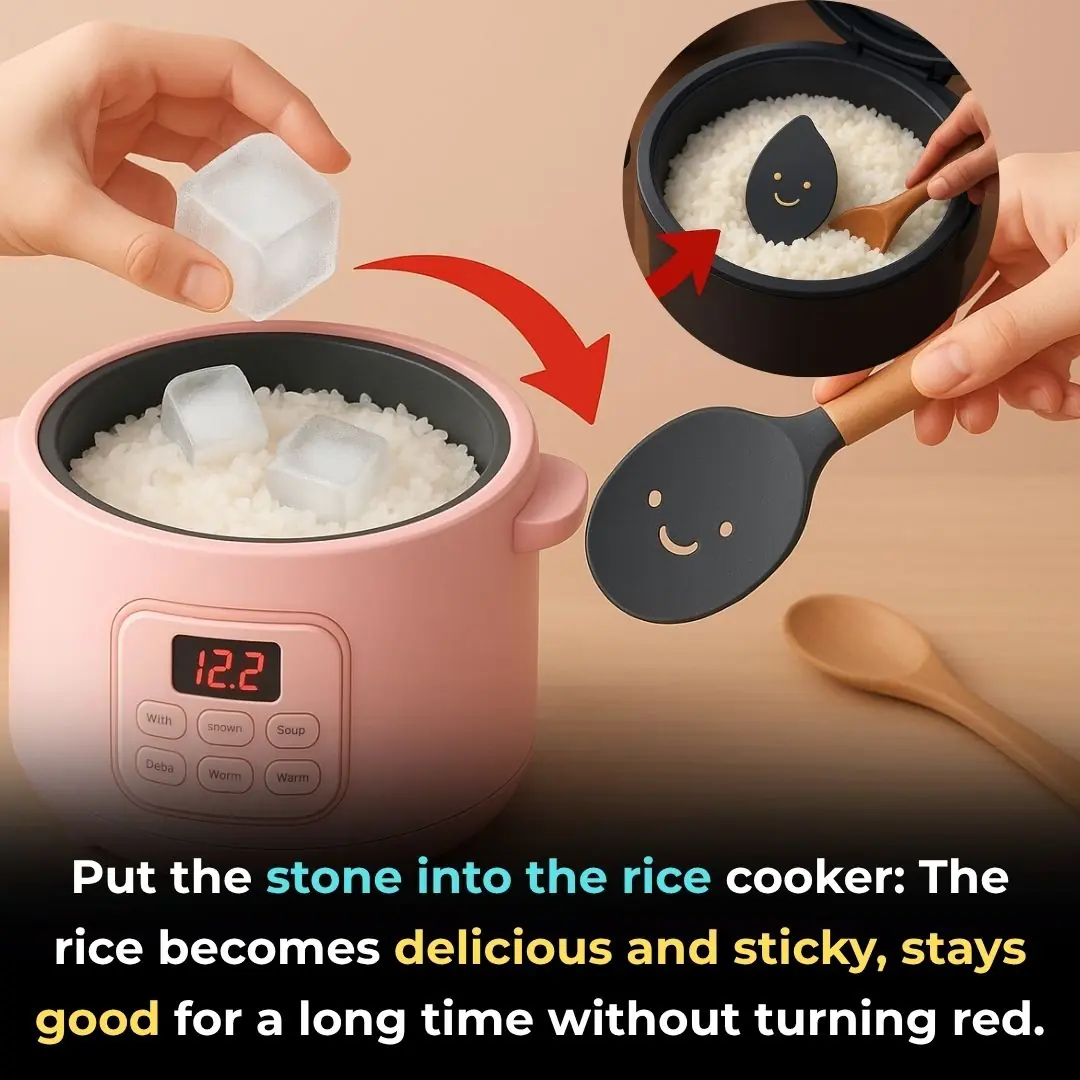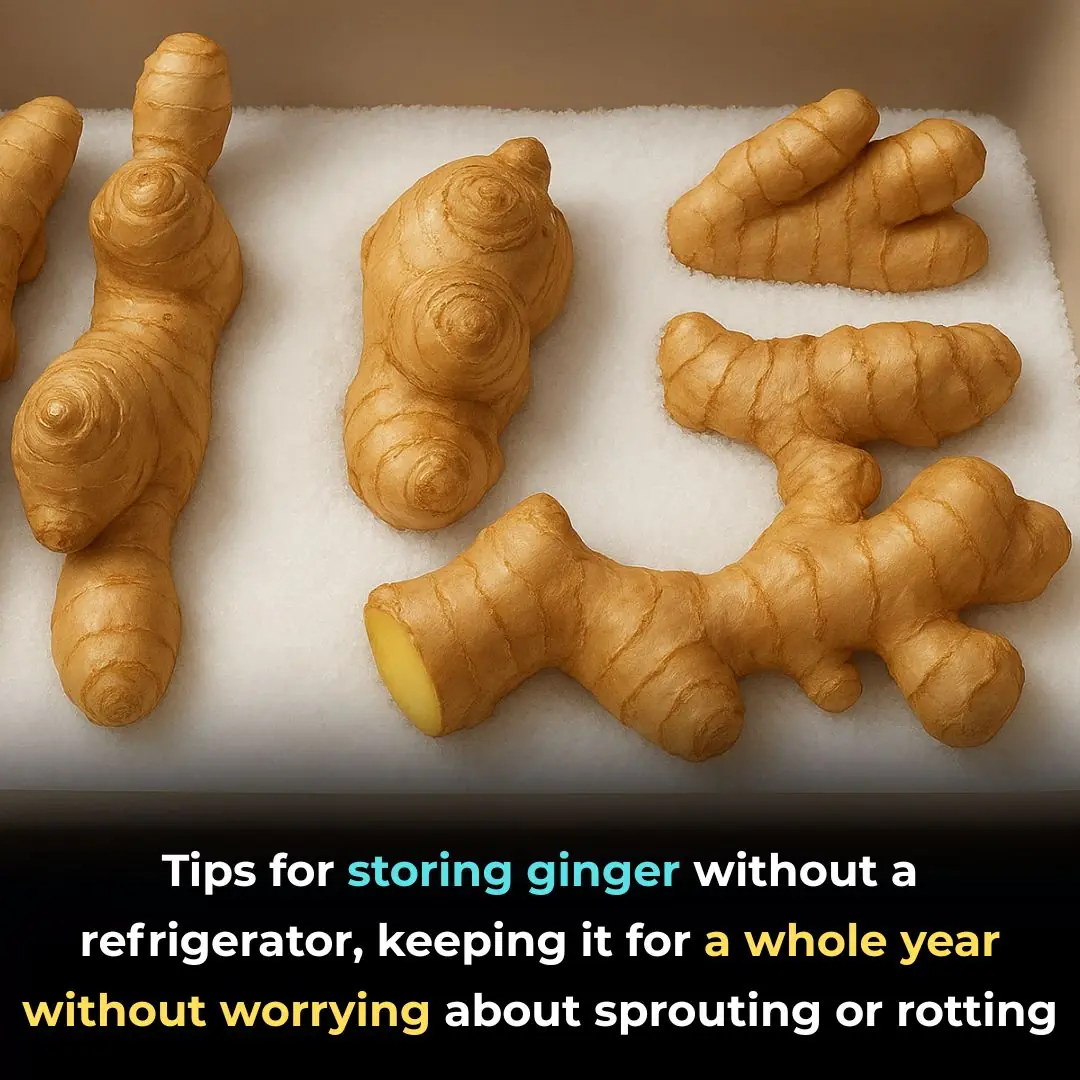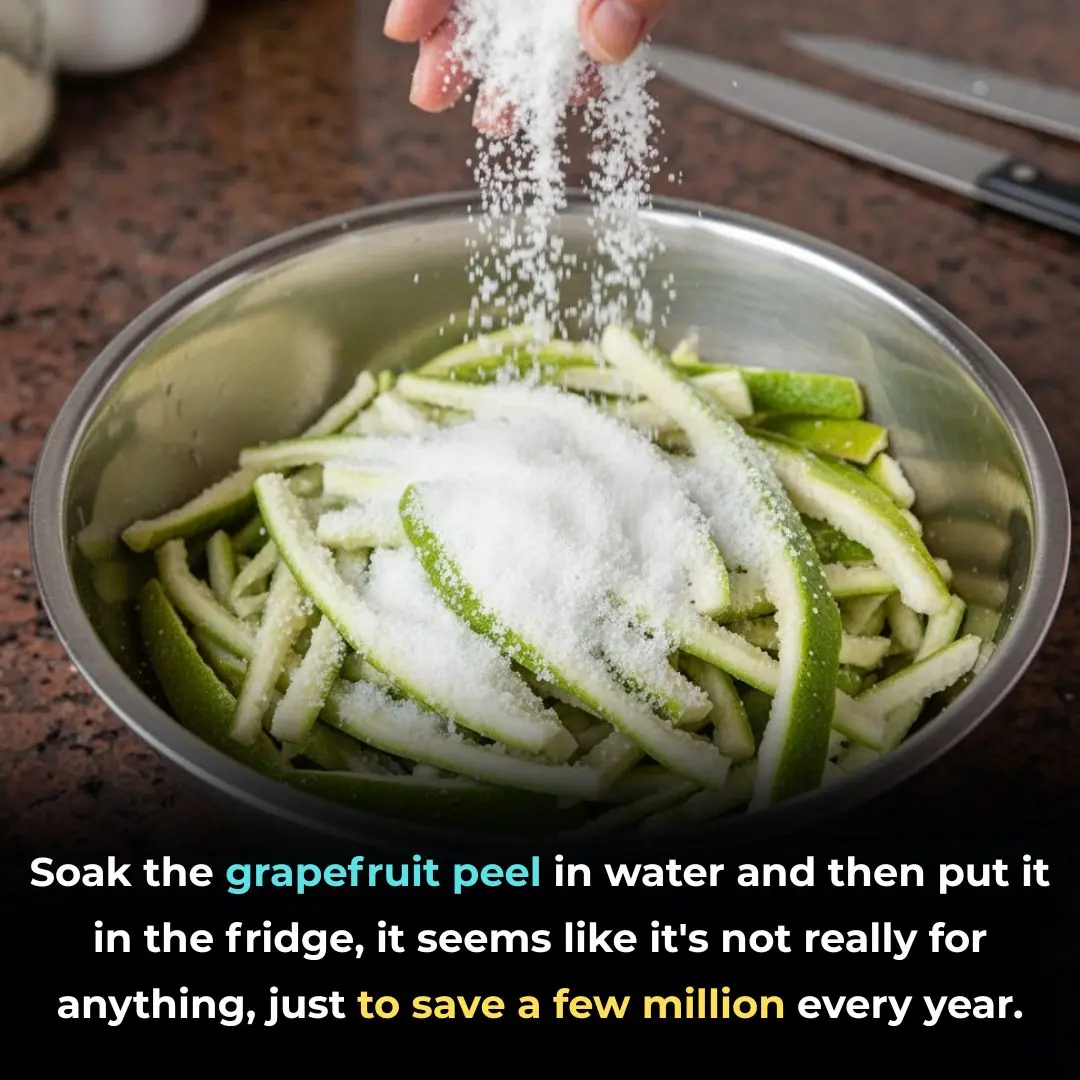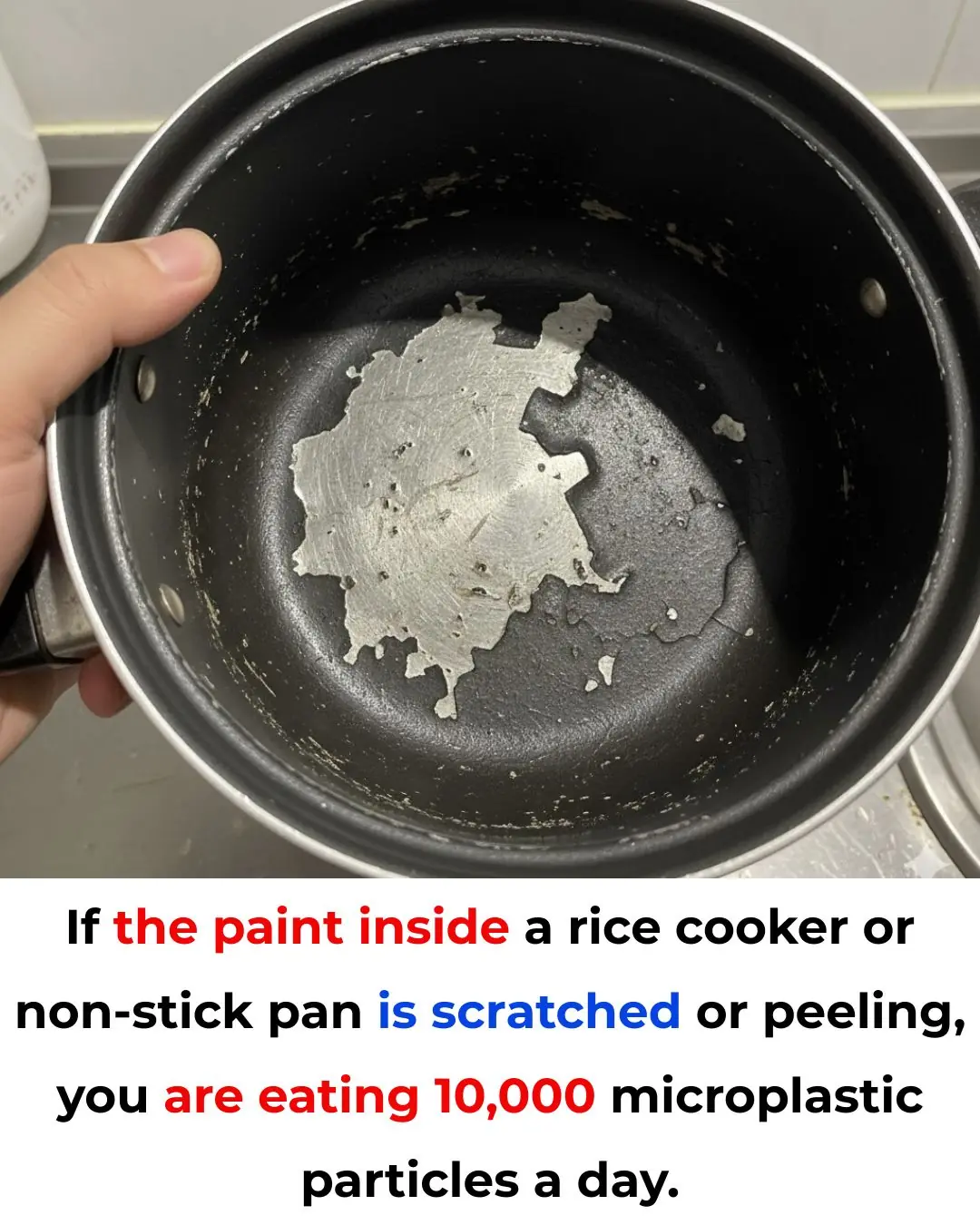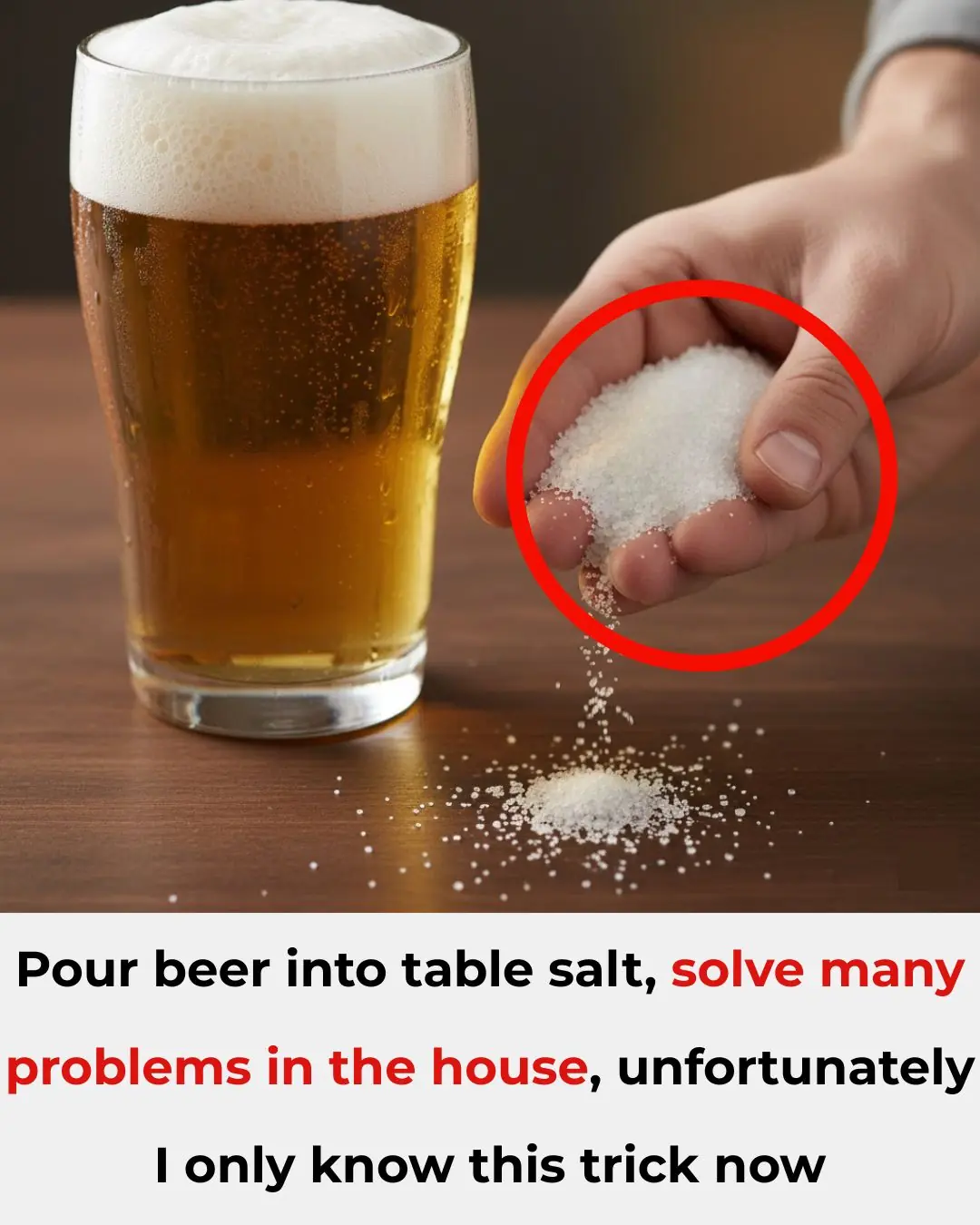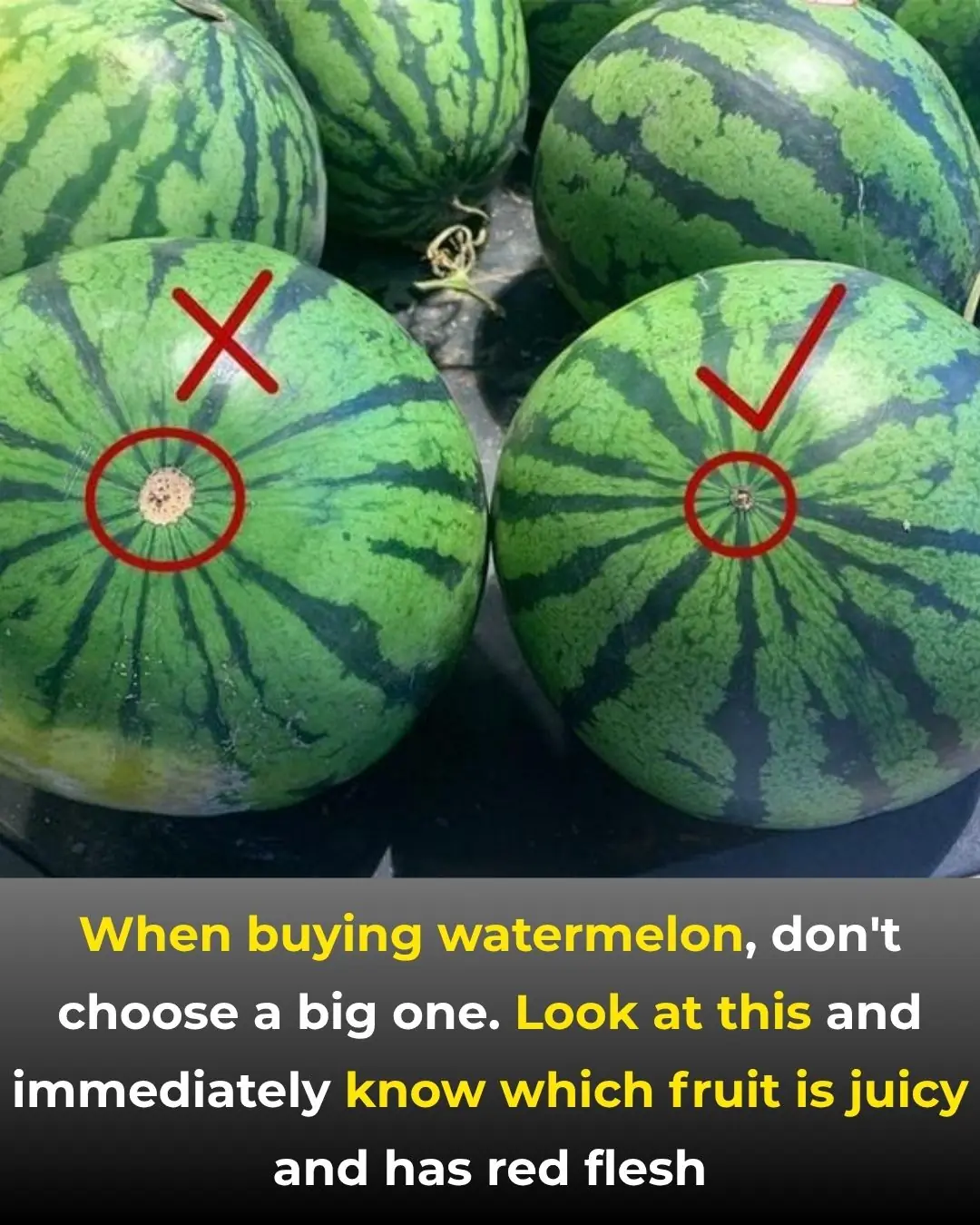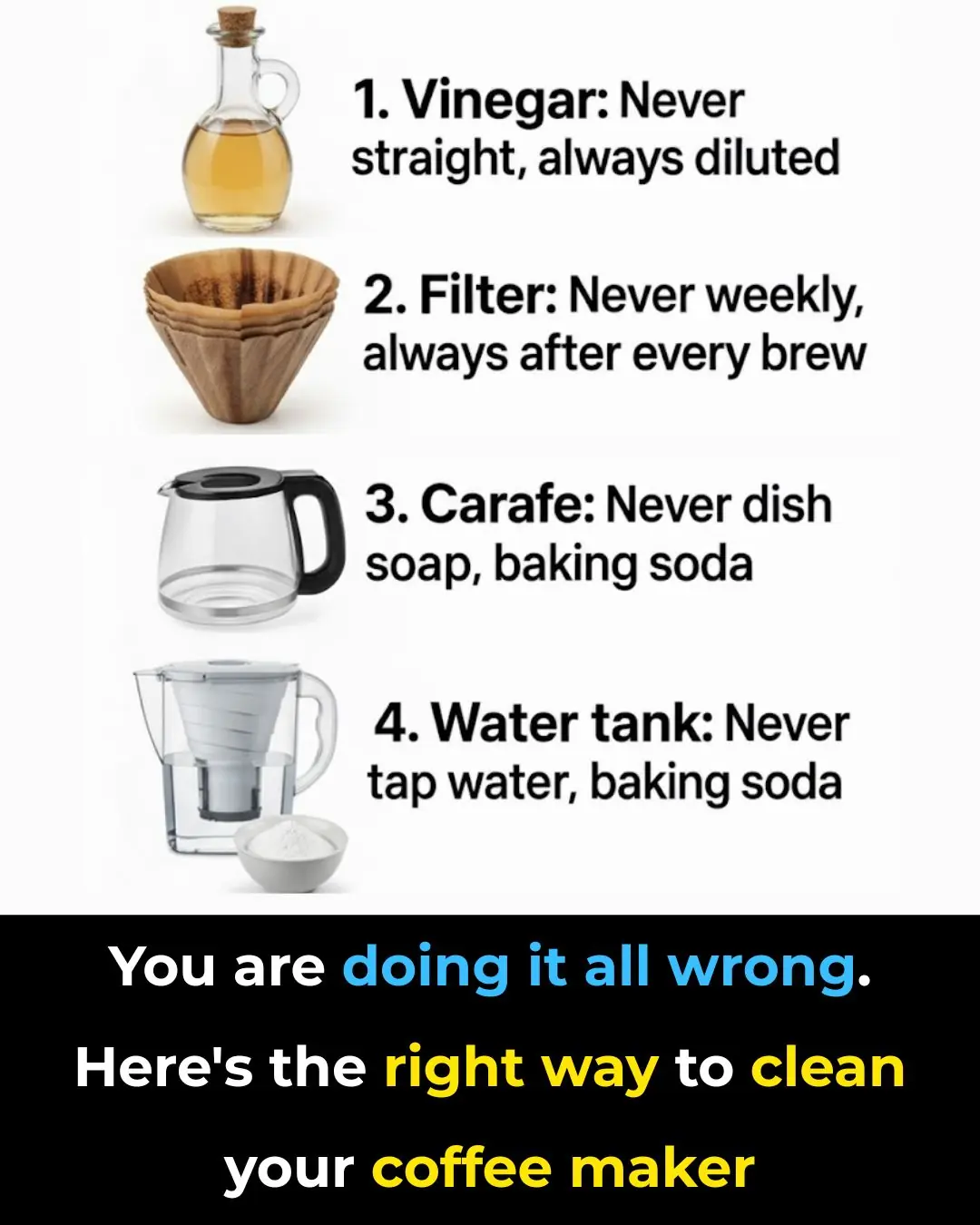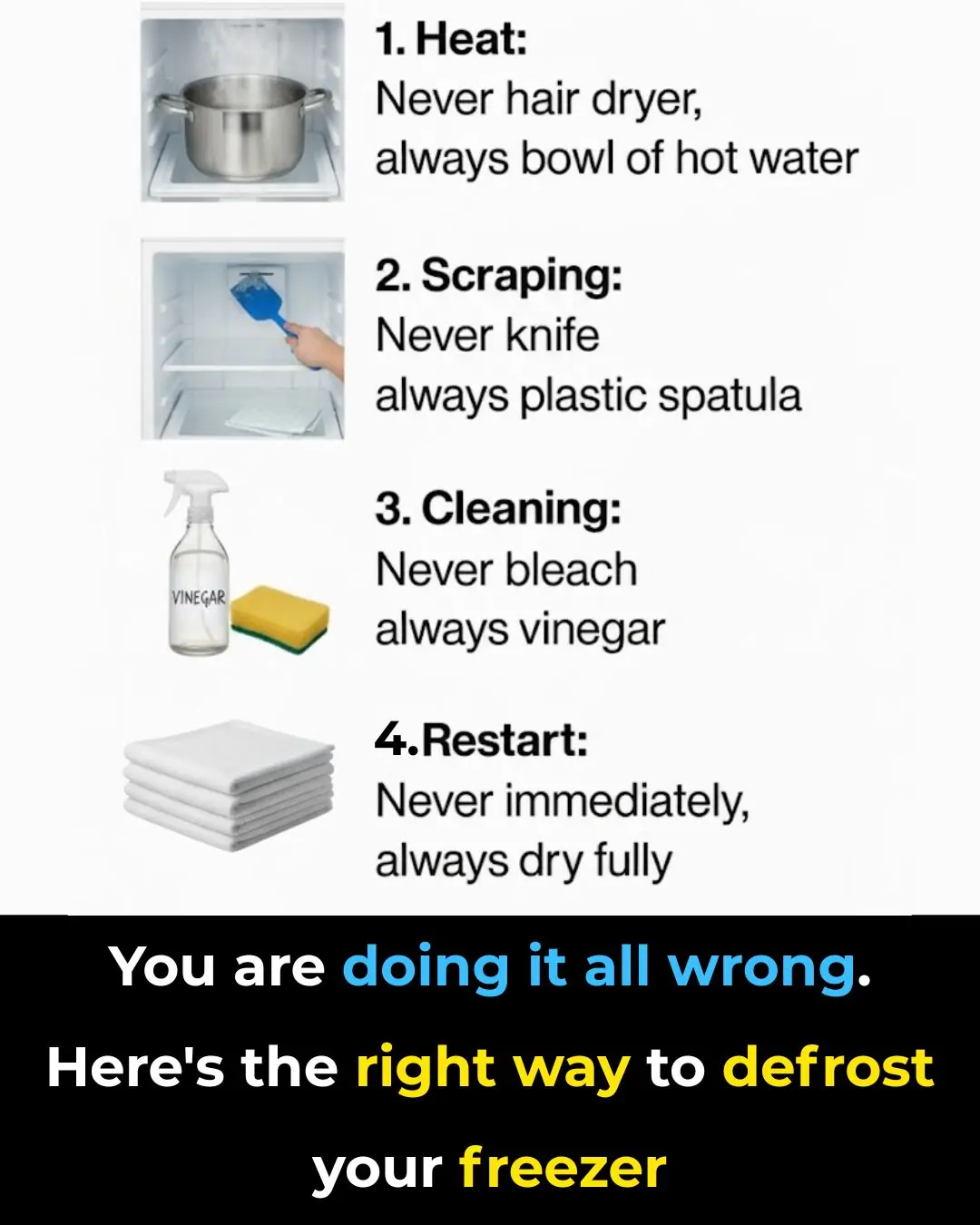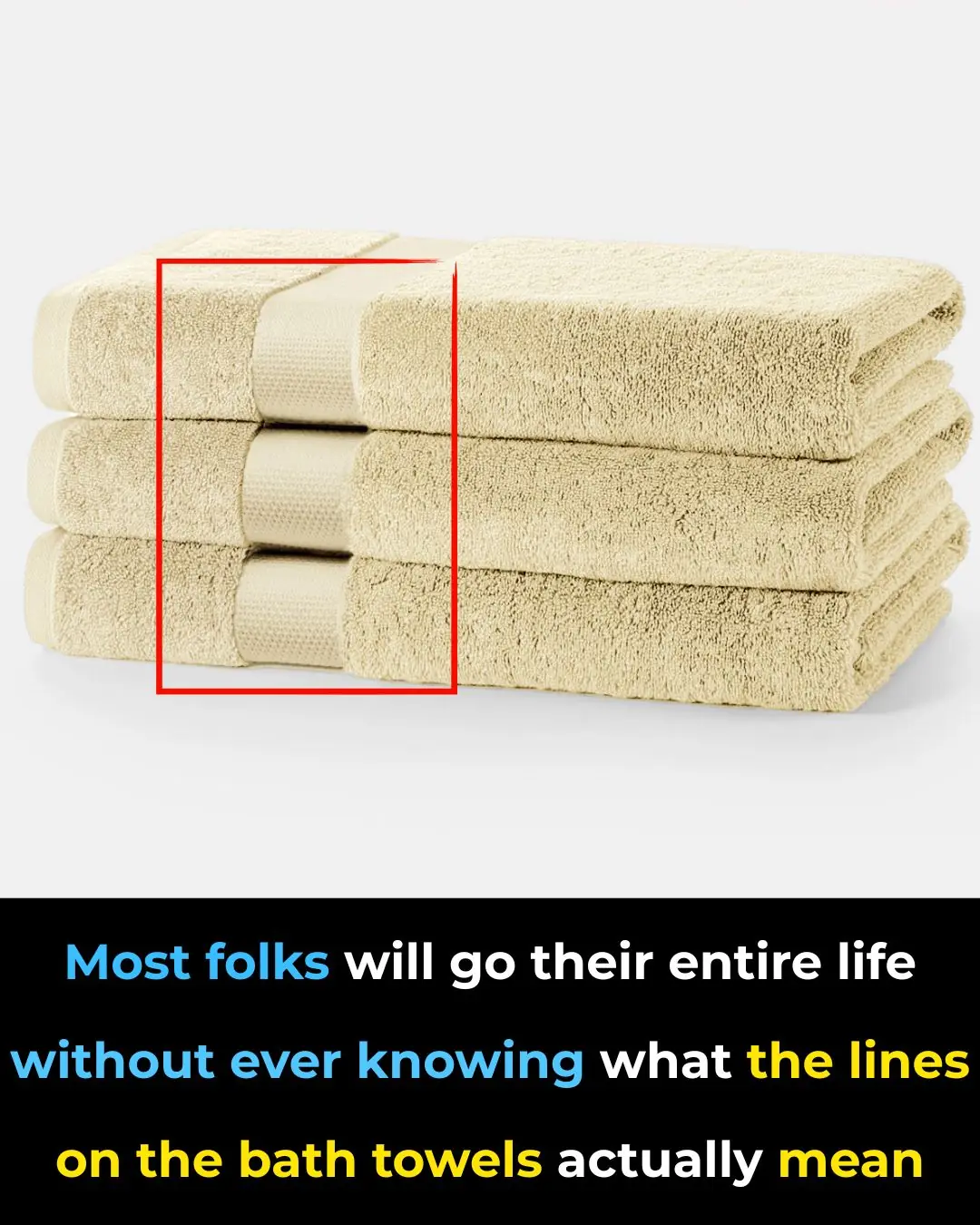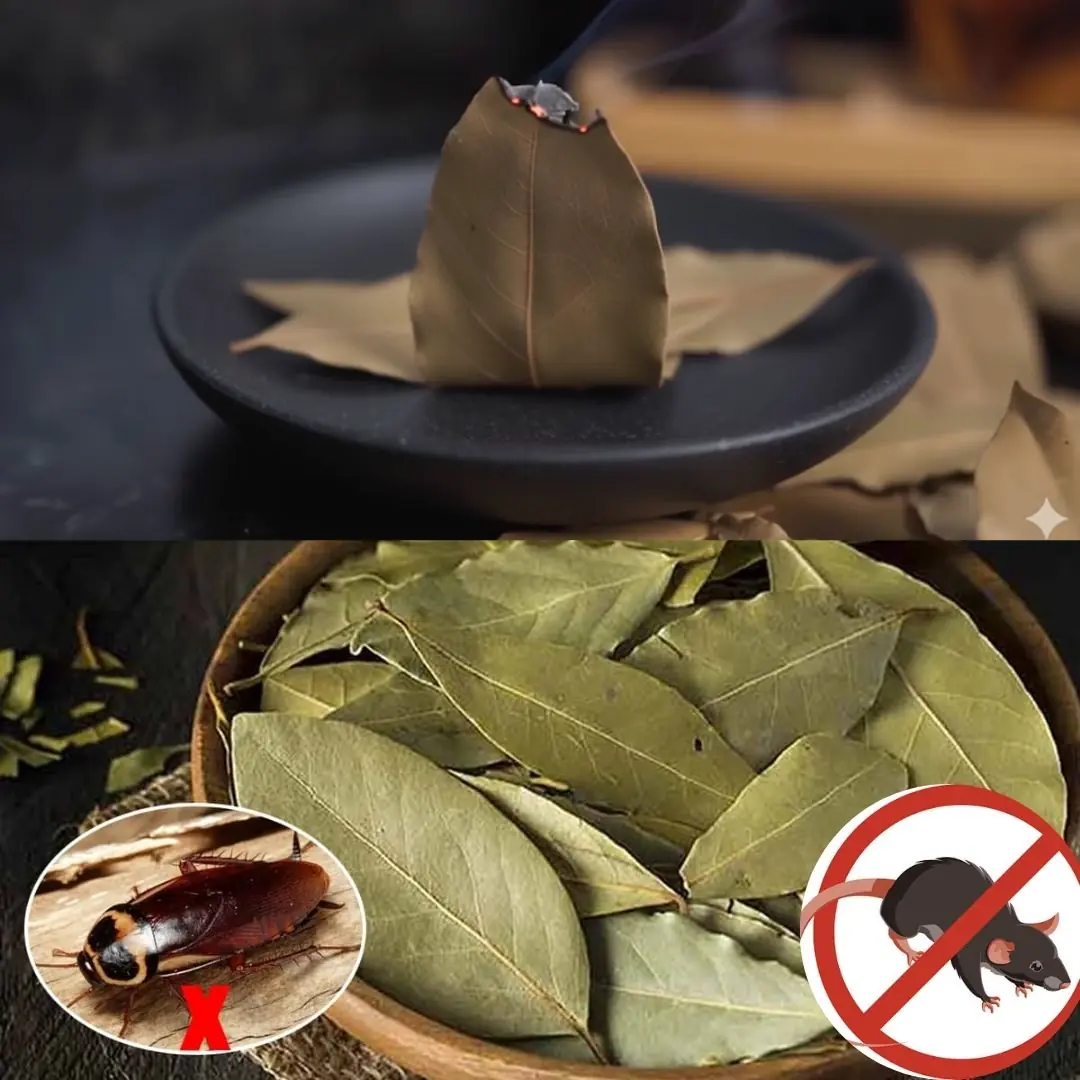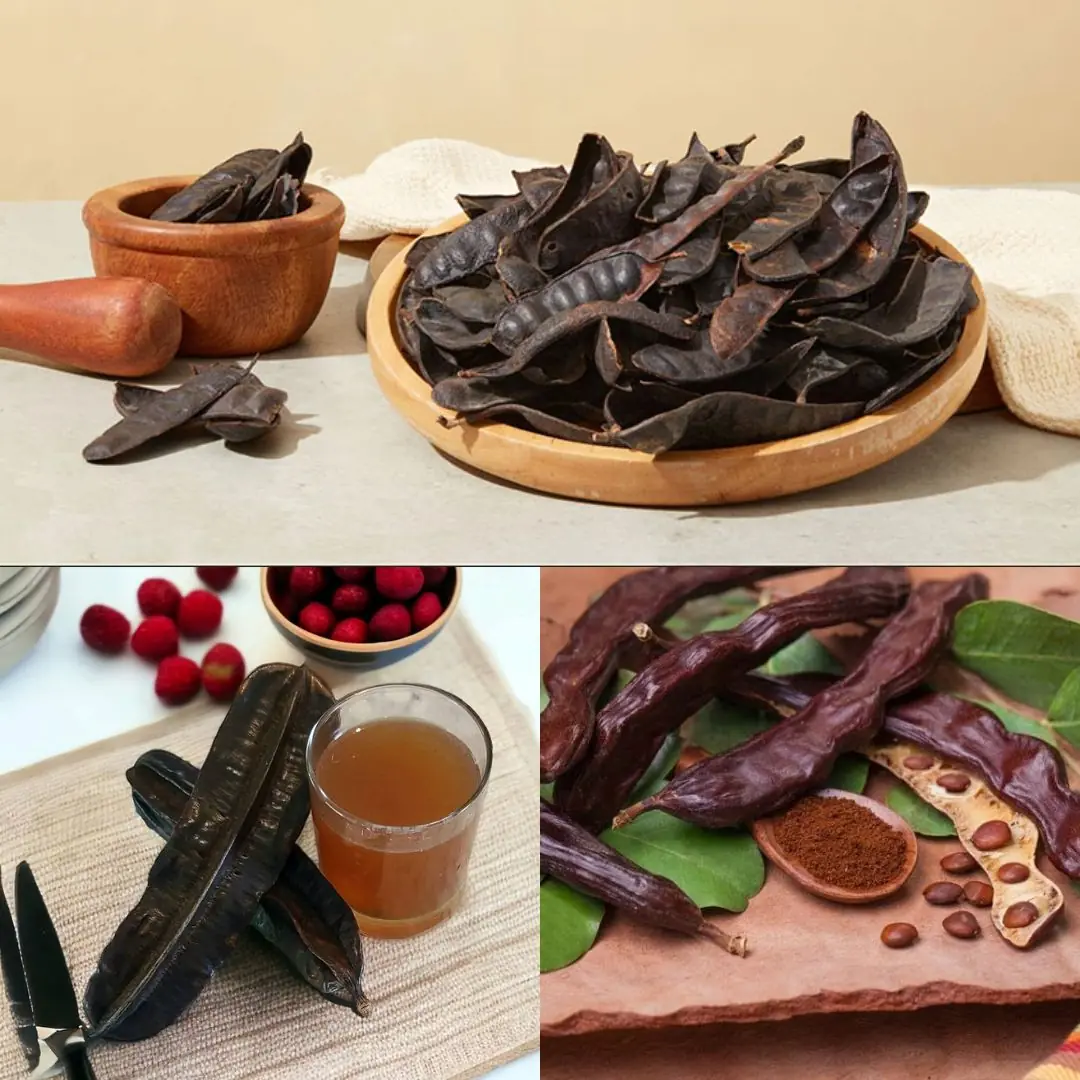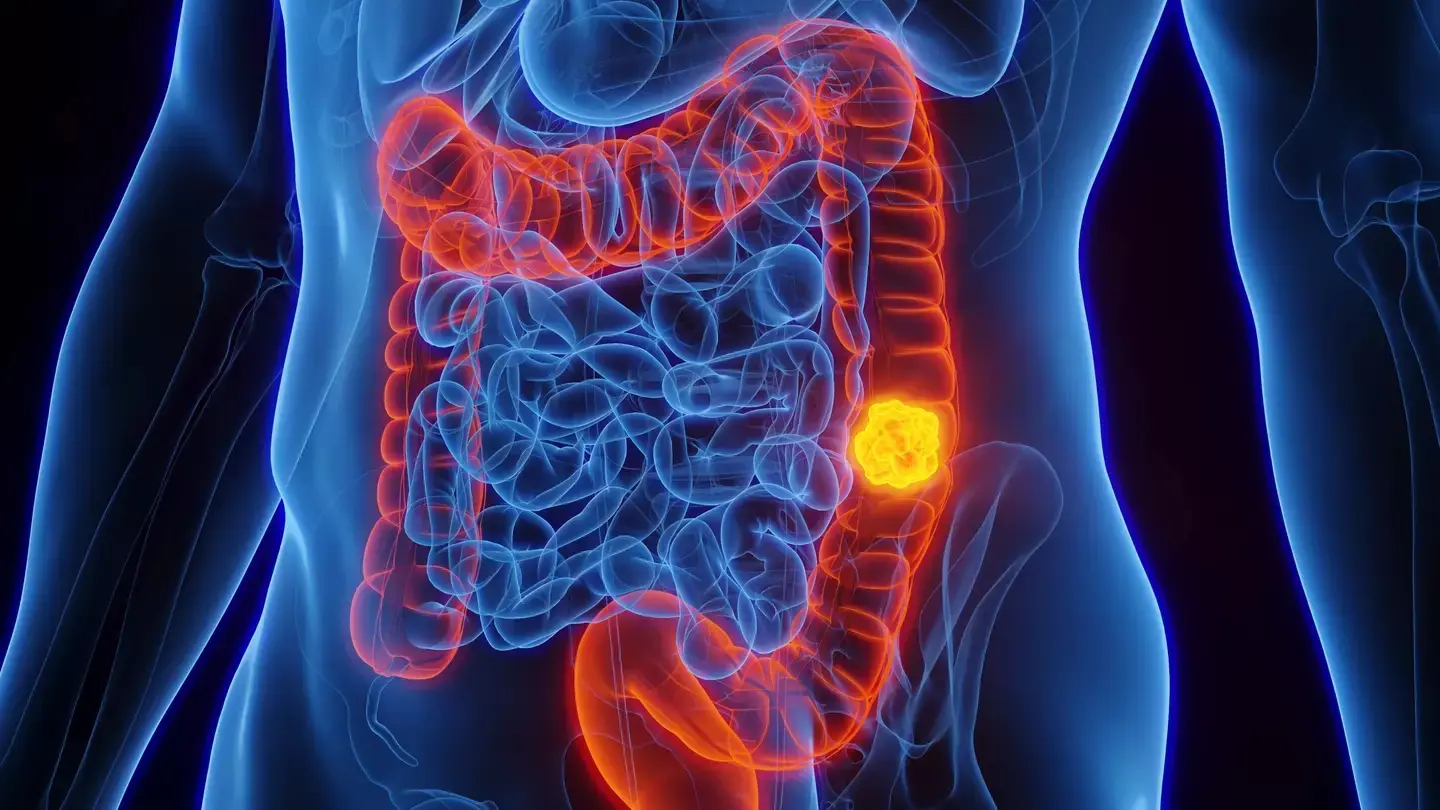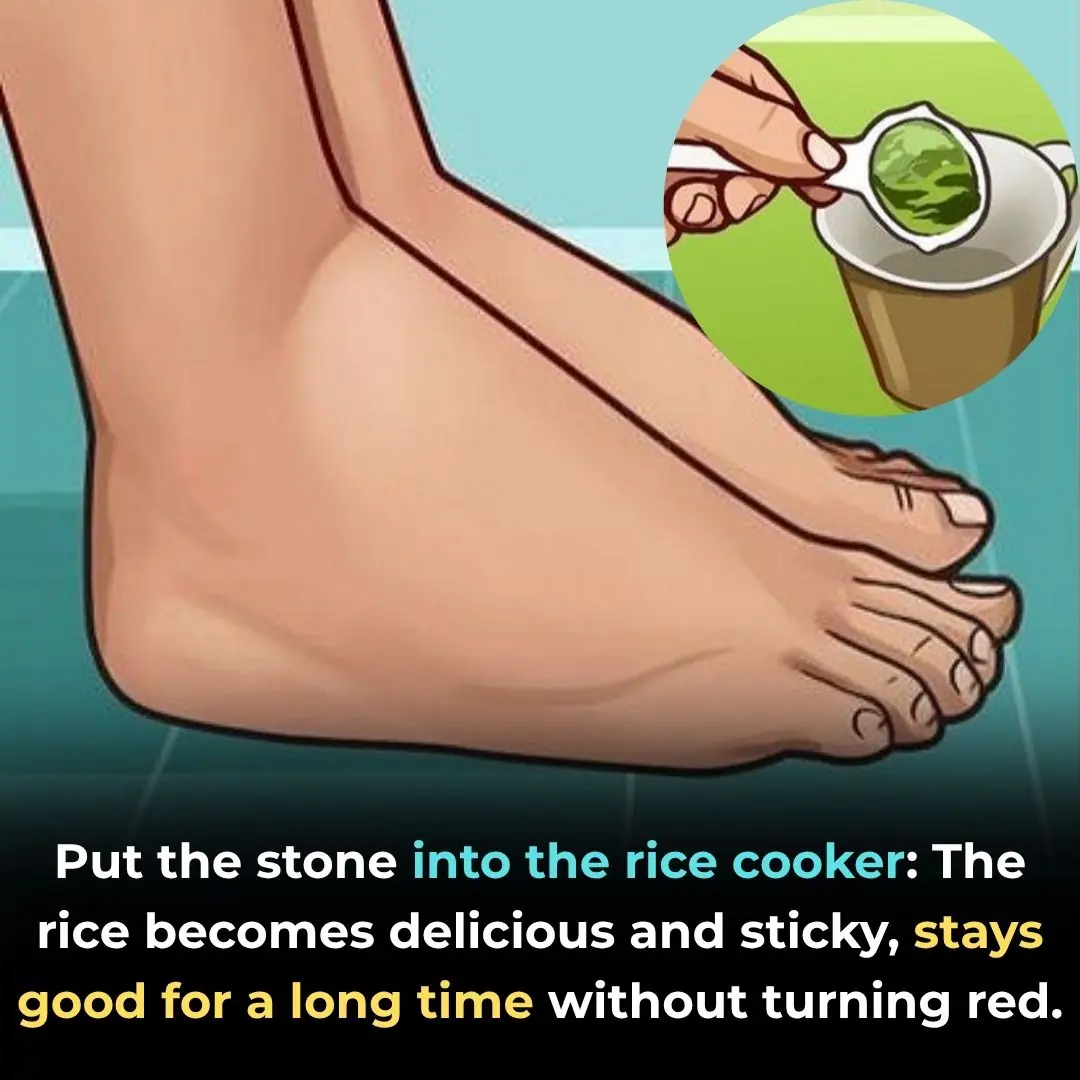Cleaning up after cooking can sometimes feel like a bigger task than the cooking itself. Many of us have developed habits over time that we think make the process easier, but some of these habits might actually be causing more harm than good. Whether it's damaging your cookware, clogging your pipes, or compromising kitchen safety, being aware of these common mistakes is the first step to a more efficient and effective cleanup process.
In this article, we'll explore 10 common cooking cleanup habits that you might be doing wrong. By understanding the right techniques and adjustments, you can save time, extend the life of your kitchen tools, and maintain a cleaner and more organized kitchen environment.
Advertisement
1. Pouring Boiling Pasta Water Straight Into the Sink
When you pour boiling pasta water directly into the sink, you risk damaging your plumbing. The heat can weaken or warp PVC pipes over time, leading to leaks or costly repairs. Instead, consider using a pasta pot with a built-in strainer or a separate colander placed in the sink. Let the water cool slightly before pouring it out to minimize the risk.
Additionally, pasta water is rich in starch and can be reused to thicken sauces or soups, or even to water plants. By capturing and cooling it rather than pouring it directly away, you can enhance your dishes or contribute to a sustainable practice.
2. Putting Cast Iron Cookware in the Dishwasher
Cast iron cookware is incredibly durable, but it requires specific care to maintain its seasoning and prevent rust. Putting cast iron in the dishwasher exposes it to excessive moisture and harsh detergents, which can strip away the seasoning and lead to rust. Instead, clean your cast iron with a scrub brush or sponge using hot water. If necessary, use a small amount of mild dish soap and dry it thoroughly before applying a thin layer of oil to preserve the seasoning.
3. Scrubbing Nonstick Pans with Steel Wool
Nonstick pans are designed to make cooking and cleaning easier, but using steel wool or abrasive scrubbers can ruin their surface. The coating is delicate and can easily be scratched, compromising its nonstick properties and potentially releasing harmful chemicals if overheated. Use a soft sponge or a brush with nylon bristles to clean nonstick pans. If food residue is stuck, let it soak in warm, soapy water for a few minutes before gently scrubbing.
4. Wiping Grease with Paper Towels and Tossing
Cleaning up grease with paper towels might seem convenient, but it can lead to waste and plumbing issues. The grease-soaked towels add to landfill waste, and if you pour excess grease down the drain, it can solidify and cause blockages. Instead, pour grease into a heat-resistant container and let it solidify before disposing of it in the trash. Alternatively, you can reuse grease for cooking, storing it in a jar.
5. Using Too Much Soap on Wooden Cutting Boards
Wooden cutting boards are prone to absorbing moisture and odors, so using too much soap can lead to a soapy taste in your food or damage the wood. Instead, clean wooden boards with hot water and a small amount of mild soap, scrubbing gently with a brush. Rinse thoroughly and dry immediately to prevent warping or cracking. Occasionally, condition the board with mineral oil to maintain its surface and prevent drying out.
6. Ignoring the Blender's Sharp Blades During Cleanup
Blenders are often neglected during cleanup, especially the blades. Leaving food residue on the blades can cause them to dull over time and lead to unpleasant smells. To clean a blender properly, fill it halfway with warm water and a drop of dish soap, then run it for a few seconds. Rinse thoroughly and dry the blades carefully to avoid any accidental cuts. Regular cleaning will keep your blender efficient and safe to use.
7. Overloading the Dishwasher with Pots and Pans
Stuffing too many pots and pans into the dishwasher can hinder proper cleaning and even damage the appliance. Overloading can block the spray arms and prevent water from reaching all surfaces, leading to inefficient cleaning. Instead, wash large pots and pans by hand, or ensure there's adequate space between items in the dishwasher for water and detergent to circulate effectively.
8. Letting Food Debris Sit on Dishes Overnight
Leaving food debris on dishes overnight can lead to stubborn stains and unpleasant odors. Dried-on food is harder to remove and can breed bacteria. To avoid this, rinse off food particles immediately after meals and load the dishwasher or wash by hand as soon as possible. If you need to soak dishes, use hot, soapy water to loosen debris, making cleanup easier later.
9. Skipping the Pre-Clean of Reusable Containers
Reusable containers often have food residue that can lead to mold or odors if not cleaned properly. Skipping a quick pre-clean can make thorough cleaning more challenging. Rinse containers with warm water immediately after use to prevent residue from hardening. For stubborn stains or odors, use a mixture of baking soda and water to scrub and deodorize.
10. Forgetting to Clean the Garbage Disposal Regularly
Garbage disposals can accumulate food particles and grease, leading to unpleasant odors and blockages. Regular cleaning is essential to maintain functionality. Run a mixture of ice cubes and salt through the disposal to dislodge debris, followed by a few slices of lemon to freshen the smell. For a deeper clean, use a disposal brush or cleaner specifically designed for disposals.
11. Using the Wrong Cleaning Products for Specific Surfaces
Different surfaces in your kitchen require specific cleaning products to avoid damage. Using harsh chemicals on sensitive surfaces like granite or marble can cause etching or dullness. Always check the manufacturer's recommendations for cleaning products, and opt for mild, non-abrasive cleaners when in doubt. Using the right products will prolong the life of your kitchen surfaces and keep them looking pristine.
